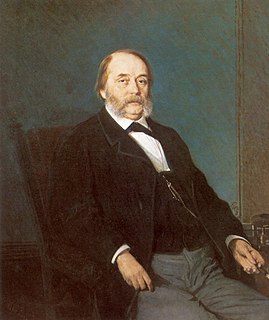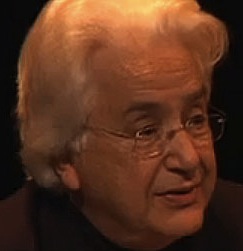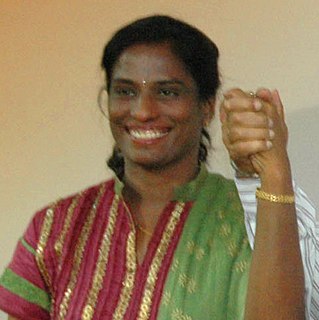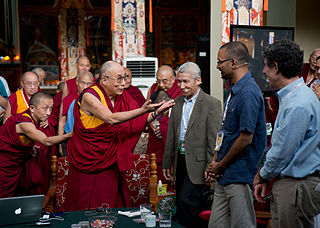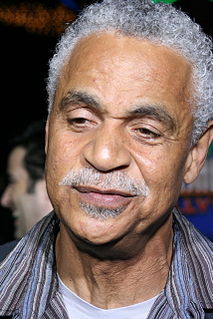A Quote by Dalai Lama
Death and dying provide a meeting-point between the Tibetan Buddhist and modern scientific traditions. I believe both have a great deal to contribute to each other on the level of understanding and of practical benefit.
Related Quotes
Misunderstanding may arise by confusing the Buddhist and scientific definitions of death. Within the scientific system you spoke quite validly of the death of the brain and the death of heart. Different parts of the body can die separately. However, in the Buddhist system, the word death is not used in that way. You'd never speak of the death of a particular part of the body, but rather of the death of an entire person. When people say that a certain person died, we don't ask, "Well, which part died?"
A rare book at once of great importance and wonderful to read.... Gould presents a fascinating historical study of scientific racism, tracing it through monogeny and polygeny, phrenology , recapitulation, and hereditarian IQ theory. He stops at each point to illustrate both the logical inconsistencies of the theories and the prejudicially motivated, albeit unintentional, misuse of data in each case.... A major addition to the scientific literature.
I look to Islamic ethics to find something that can provide the basis for shared values with other traditions, and ultimately universal values. This ties into the point I made in a book, 'The Quest for Meaning', that the only way for values to be universal is if they are shared universal values. My main point is, in this quest for value the aim is not to express your distinctness from others, but about being able to contribute to the discussion of universal value.
Since the beginning, Native Peoples lived a life of being in harmony with all that surrounds us. It is a belief that all humankind are related to each other. Each has a purpose, spirit and sacredness. It is an understanding with the Great Spirit or Creator that we will follow these ways. And in this understanding we believe we are related to all other living species.
The idea of childhood as a social invention, in retrospect, is hardly credible. In the Bible, in writings of the Greeks and Romans, and in the works of the first great educator of the modern era, Comenius, children were recognized as being both different from adults and different from one another with respect to their stages of development. To be sure, the scientific study of children and the increased length of life in modern times have enhanced our understanding of age differences, but they have always been acknowledged.

